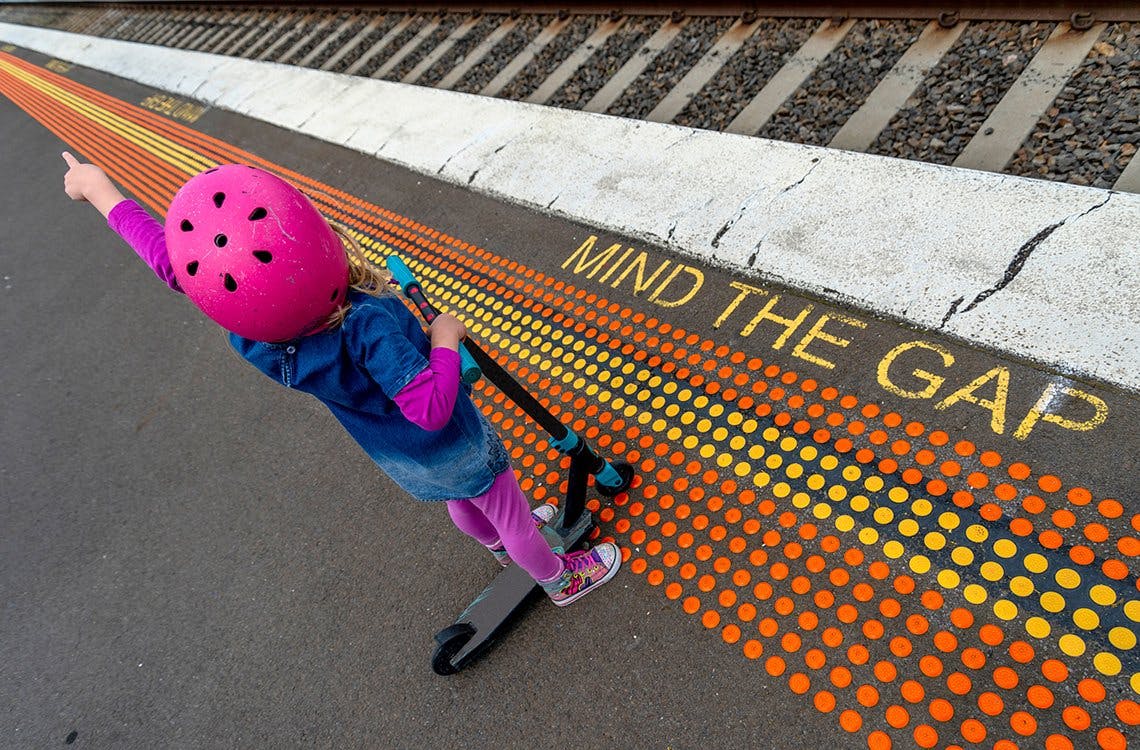
Mind the Wealth Gap
The past year’s restrictions on travel and—at times—even leaving the house have laid bare Britain’s digital divide, with nearly two million households lacking internet access and thus the ability to shop online. The often quite open war on cash has also taken its toll on these individuals, alongside millions more low-income earners and those for whom cash is key to independence and freedom.
Writing for Fair Observer, business consultant Andrew Chapman notes that cash is an integral part of daily life for millions across the UK, yet it’s being side-lined in favour of cashless options. While these offer their own unique benefits, they cannot replace physical money, which boasts immediacy, resilience and privacy unmatched by any other payment method. Anytime, anywhere, anyone can pay using cash. No electricity or internet connection is required, no bank account is needed.
Given the Financial Conduct Authority estimates 1.3 million adults in the UK have no bank account, it’s immediately obvious that in order to pay their bills and conduct their daily business, a not-insignificant minority depend wholly on cash. Joining them are small businesses, people in rural communities, and individuals for whom the technology supporting cashless options is not accessible due to factors such as disabilities, income or age. People trying to flee abusive relationships or hostile home environments also turn to cash, which can be saved and hidden without anyone else’s oversight, ready to use in an escape.
Our economic systems must be accessible to all. As things stand, digital systems remain out of reach for millions.
There is also the matter of choice, for those with the luxury of having every payment option open to them. Many prefer to feed a parking meter coins rather than sign up to yet another app, pay someone providing a service with a banknote and invite them to keep the change, or give their children pocket money as a reward for household chores and to help teach money sense. Research by consumer association Which? found that one in three people had had cash payments refused since the first UK lockdown.
So, what steps can be taken to support cash and preserve payment choice? Chapman observes that some town halls in France are subsidising free-to-use ATMs, paying a monthly fee to companies in order to ensure those who need cash can access it conveniently and without charge. In Britain, as Age UK noted in summer, there is a need for legislation to guarantee access to cash either via an ATM or a bank branch within reasonable travelling distance of every home.
It’s time for the government to recognise how important banknotes and coins are to all our lives and treat the cash system as the essential piece of infrastructure it is—just like utilities, post and broadband.
